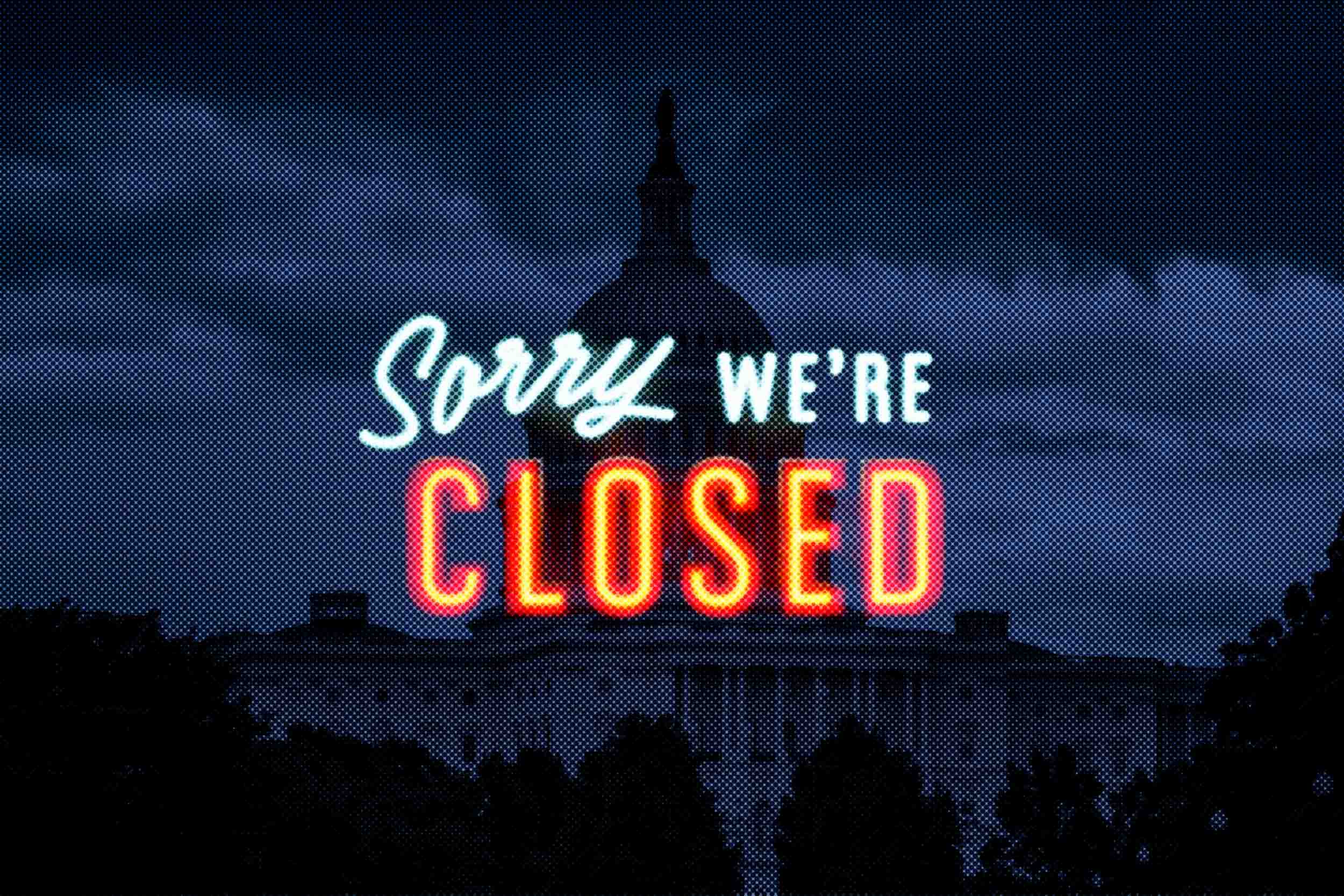A U.S. government shutdown began at midnight Tuesday when Congress failed to pass a funding bill. While last-minute showdowns over government funding have become routine, University of Virginia Darden School of Business professor Christoph Herpfer, who specializes in health care finance, corporate finance and banking, says the consequences are anything but.
It has already been a tumultuous year for the federal government, which has shed more than 300,000 jobs in 10 months. In the case of a shutdown, hundreds of thousands of workers are at risk of being furloughed, or even fired.

University of Virginia Darden School of Business professor Christoph Herpfer says government shutdowns carry lasting financial and workforce consequences. (Contributed photo)
But the damage from a shutdown extends beyond lost wages, Herpfer said. His research shows shutdowns deal a shock to federal employees’ morale that’s equivalent to a 10% pay cut. As a result, Herpfer said, thousands of civil servants leave government employment, leading to a brain drain.
Herpfer explains what shutdowns mean for federal workers, government performance and the broader economy.
Q. What are the immediate impacts of a government shutdown?
A. The obvious impact is the suspension of some government services. There is also usually quite a bit of media coverage about furloughed workers, in extreme cases about their financial hardships as they struggle with the liquidity shock of missing paychecks. Research has shown that, like most Americans, federal workers are not prepared for long periods without a paycheck. The median government employee has about one week’s worth of expenses in their checking and savings accounts around the day of their paycheck arriving, and many live paycheck-to-paycheck. This leaves little room for error.
Interestingly, while the financial hardship generates news and compelling images, these are not the things that matter the most, long-term. Employees eventually receive back pay, and services restart. The hidden costs are, well, less visible and set in later, but with more consequences down the line.
Q. What are the hidden costs?
A. As you can imagine, getting sent home without pay and being used as a pawn in a political game really demoralizes government employees. That’s something so meaningful we can actually trace it in responses to government workforce surveys.
The first thing many of them do when back in the office is fire up LinkedIn and look for private sector jobs. Data from LinkedIn itself confirms that phenomenon, and in fact, private sector headhunters actively try to poach talent.










